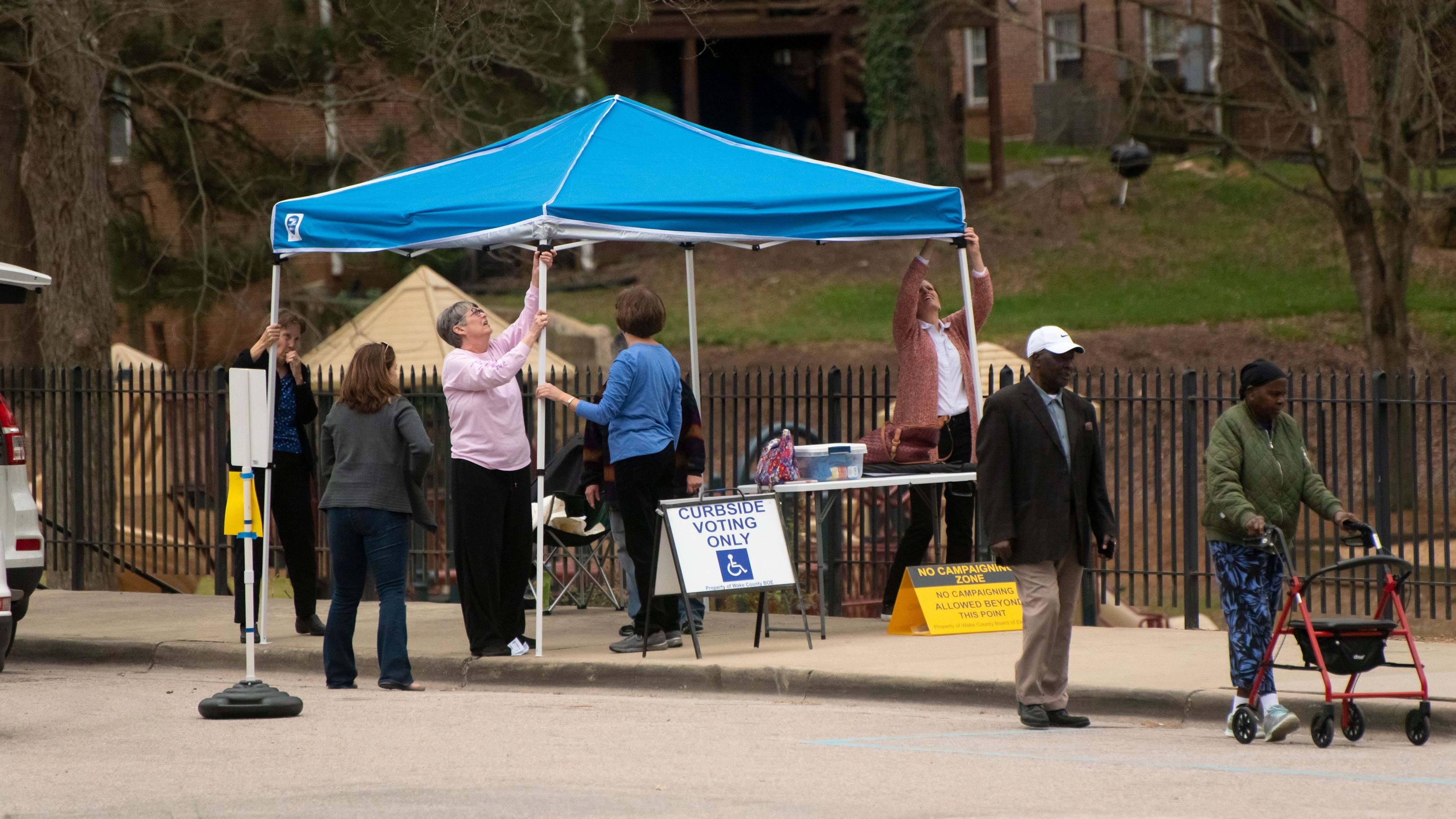


Tuesday, November 5, 2024
Polls open 7 a.m. to 7 p.m.
ALERT: updated deadline due to Hurricane Helene impacts
Monday, October 21, 2024 – Saturday, November 2, 2024
Given mail delays, we recommend that you request and return your absentee ballot application as soon as possible.
Upcoming Local Elections across South Carolina and Yearly Elections Calendar
https://scvotes.gov/elections-statistics/upcoming-elections/
We’ve compiled an index of some of the major elected positions in state and local government and their functions to help you prepare to vote and become acquainted with how state and local government impacts your life and your community.
When voting in-person on Election Day, you will be asked to present one of the following forms of ID:
You can vote in person by provisional ballot without a photo ID if you have an accepted reason. South Carolina’s photo ID law contains a “reasonable impediment” exception that recognizes many reasons why you may not have a photo ID, such as:
If you qualify to vote without a photo ID due to a “reasonable impediment,” follow these steps:
The provisional ballot that you cast is presumed valid and will be counted unless the county election office has reason to believe that your affidavit is false.
Have you experienced or observed voter suppression efforts (e.g. polling place changes, voter purges, intimidation, or local practices that result in long waits to vote on Election Day)?
LDF’s Black Voters on the Rise (“BVOTR”) project broadens monitoring and tracking of voter suppression efforts in targeted jurisdictions months in advance of Election Day to identify as early as possible those suppression measures that warrant a responsive action.
BVOTR and local partners connect voters with a resource team to combat suppressive measures using public exposure/media coverage, advocacy efforts with local actors/decisionmakers (e.g. calls, letters, petitions), and, if necessary, a referral to litigation.
Disclaimer: The information here is a resource and not legal advice. It is provided for informational purposes only and not as a substitute for or supplement to the legal advice necessary to address the specific concerns of any individual. Moreover, South Carolina may revise its laws after the publication of this site. Therefore, it is your responsibility to determine how all applicable laws concerning voter registration, voting, and the restoration of voting rights in South Carolina affect you.